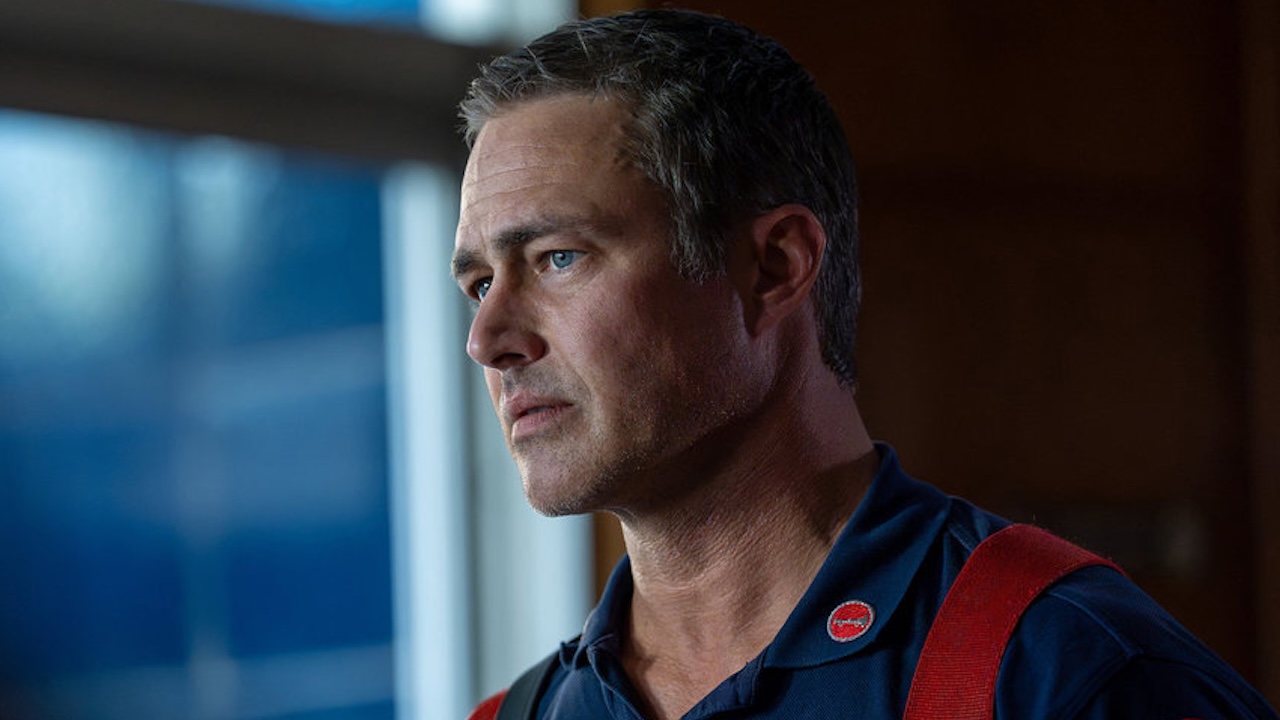This remake of the 1976 film musical is barely recognizable as descended from the original. Although the changes result in more well-rounded, empowered characters, the alterations destabilize the film’s structure and make for a melodramatic mess. Thankfully, a few great musical numbers make up for a lot of bad plot. From the DVD cover art of three African-American women singing in Supremes-style gowns, one would assume Sparkle is an entertaining but inferior Dreamgirls. In large part, that assumption would be correct.
Detroit, 1968. Three twenty-something sisters start a singing group against the wishes of their churchgoing mother, Emma (Whitney Houston), a former singer in her own right. Sparkle (Jordin Sparks) is a talented but shy songwriter, Sister (Carmen Ejogo) is a sensual performer determined to sow her wild oats, and Dee (Tika Sumpter) is “in it for the money,” which will help pay for medical school.
The plot is one part classic showbiz saga, one part parent-child drama, and one part cautionary tale. This convoluted set-up can be excused in part because of its source material. In the original Sparkle, the place is 1950s Harlem, the sisters are much younger, and their demons are much crueler. Most of that film’s plot involves the girls being victimized in one way or another, either by the men in their lives, white society, or the mafia.
Obviously such a sexist plotline needed to be corrected. Yet, if all the offending features were removed from the plot, there would be nothing left to see. The new film therefore meanders in a dozen conflicting directions, vainly trying to temper its melodrama with discretion. One minute Sister is involved with a charming (if slightly sleazy) comedian (Mike Epps), the next she is a heroin addict trapped in an abusive relationship. One moment Emma is a strict, respectable dressmaker and mother; the next she is an alcoholic and an abused woman, knocked up at sixteen, with the shadow of a failed musical career lingering.
But hey, it’s a musical: some illogical plot twists can be excused. The music isn’t half bad; in fact, it’s good enough to make the film enjoyable overall. This is especially true near the end, when Sparkle completes her predicable but satisfying burst from the cocoon, and Sparks finally gets to sing. Houston gets one measly number, which--like her role in general--is sedate.
The film is anchored by Sister’s numbers, which are as hot as Heidi Klum in a bikini. Ejogo is not a trained singer, and yet she gives arguably the best performance of the film, creating a character whose steely bravado covers terrible insecurity and doubt. Both Sparks and Houston are clearly out of their element. Their acting isn’t exactly bad – Sparks is a believable ingénue, and Houston is a stereotypically overbearing mama – but they show only a fraction of the engagement and (if you will) sparkle that they do when singing. The other actors are perfectly respectable, but fight a losing battle against incomplete characterizations and a bumbling screenplay.
Like many other musicals, the best thing to do with Sparkle is to fast-forward through the sighing and the suffering and just watch the songs. In fact, that shortened version would probably make a much better movie than the real thing. The special features are a great example of quantity over quality. The tribute to Whitney Houston is appropriately fond and heartfelt, and put to rest any speculation that Houston was anything less than dedicated to the project and focused on-set. Still, with a runtime of almost twenty minutes, the segment quickly runs out of insightful or even interesting things to say. There are only so many tender anecdotes one can string together before it gets dull.
Your Daily Blend of Entertainment News
The other mini-feature, “A Dream Come True: Bringing the Story to the Big Screen,” describes the 12-year-long process of conceiving, funding, writing, and casting the remake. For film buffs, this is a lightly informative look at the many layers of red tape a film faces to get the green light, from the director’s demands (moving the film from 50’s Harlem to 60’s Detroit) to casting setbacks (singer Aaliyah was intended for the lead before her 2001 death). Anyone who doesn’t care about backlot haggling, though, should skip it entirely.
Salim Akil’s director’s commentary is bizarre. His observations range from cerebral (one character uses a camera to “capture [Sister]’s soul”) to obvious (“I just love Jordin’s smile”) to just plain uncomfortable (“I actually feel sorry for white people…”). He is strangely reticent, sometimes quietly watching most of a performance or scene before finding anything to say.
The extras, like the film, are hardly my cup of tea. But if you loved the film, then they’re just amusing enough to play in the background while you fold laundry or balance your checkbook.

